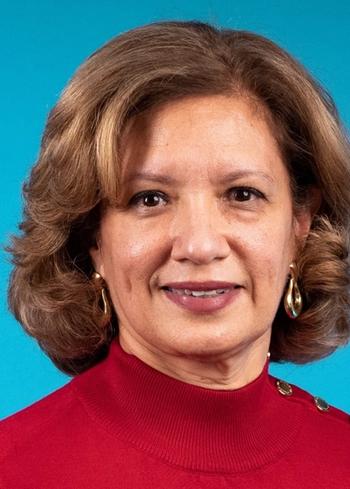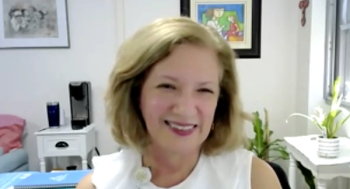
Clinical Intervention and Education in Cancer Survivors Who Experience Hearing Loss
This study indicated the necessity for healthcare providers to initiate discussions on the experience of hearing loss for cancer survivors, as well as care options and interventions.
A study published in Cancer found that education regarding the value of treatment may have implications for how cancer survivors choose to prioritize hearing loss and seek care.
Clinicians should expect to initiate a discussion on the experience of hearing loss, given the importance of hearing to maintaining social relationships and networks, the availability of hearing care options and interventions, and the invisibility of hearing loss, according to researchers.
“The medical community has an opportunity to support survivors in this advocacy by raising awareness as well as by initiating and continuing the discussion of the impact of late effects of cancer treatment,” the authors wrote.
In this qualitative study of 24 survivors, individuals participated in semi-structured phone interviews. Participants were previously exposed to cranial radiotherapy, platinum chemotherapy, or both, resulting in hearing loss, as evidenced by clinical notes, use of hearing aids, or audiogram levels consistent with severe ototoxicity.
Three primary themes emerged from the interviews, the first being posttreatment hearing loss was associated with isolation and feelings of exclusion. Researchers found that for survivors, disclosing hearing loss can lead to social isolation, while at the same time the challenges of communication can make it difficult to meet new people; or sometimes even lead to isolation within a survivor’s own social network.
To aid in this new social development, clinicians can inform survivors that they aren’t alone in this experience, providing an opportunity to discuss disclosure, advocacy, and to advise regarding the best methods for self-advocacy.
Secondly, researchers found that clinicians play an important role in providing survivors with education regarding hearing loss and hearing aids. Diagnosis could be an influential tool for this population, however the absence of a hearing loss diagnosis and a diagnosis without patient education could lead to confusion.
There is therefore an opportunity for clinicians to proactively initiate a discussion and contribute to raising awareness of cancer treatment-related hearing loss and its impact on survivorship. Additionally, audiologists can play an important role in educating survivors, specifically concerning the cause and nature of hearing loss, long-term prognosis, and options for intervention.
Lastly, researchers found that hearing loss for survivors may be deprioritized because it is a reminder of the cancer history and is interpreted within the context of other treatment-related late effects. “The perceived severity of the hearing loss is moderated by its relationship to other late effects, by survivors’ comparison of themselves with other survivors, and by the ways in which survivors have processed their own experiences with diagnosis and treatment,” the authors wrote.
Furthermore, given the consequences of untreated hearing loss, it is crucial for healthcare providers to understand the experience of hearing loss in this unique population to treat and design interventions for these patients.
Hearing loss is one of the most common adverse effects of cancer treatment, according to the study. Previous studies have shown that hearing loss is a common late effect of cisplatin or carboplatin chemotherapy and radiotherapy to the cochlea.
Reference:
Khan A, Mubdi N, Budnick A, et al. The Experience of Hearing Loss in Adult Survivors of Childhood and Young Adult Cancer: A Qualitative Study. Cancer. doi:10.1002/cncr.32698.
Newsletter
Stay up to date on recent advances in the multidisciplinary approach to cancer.




































